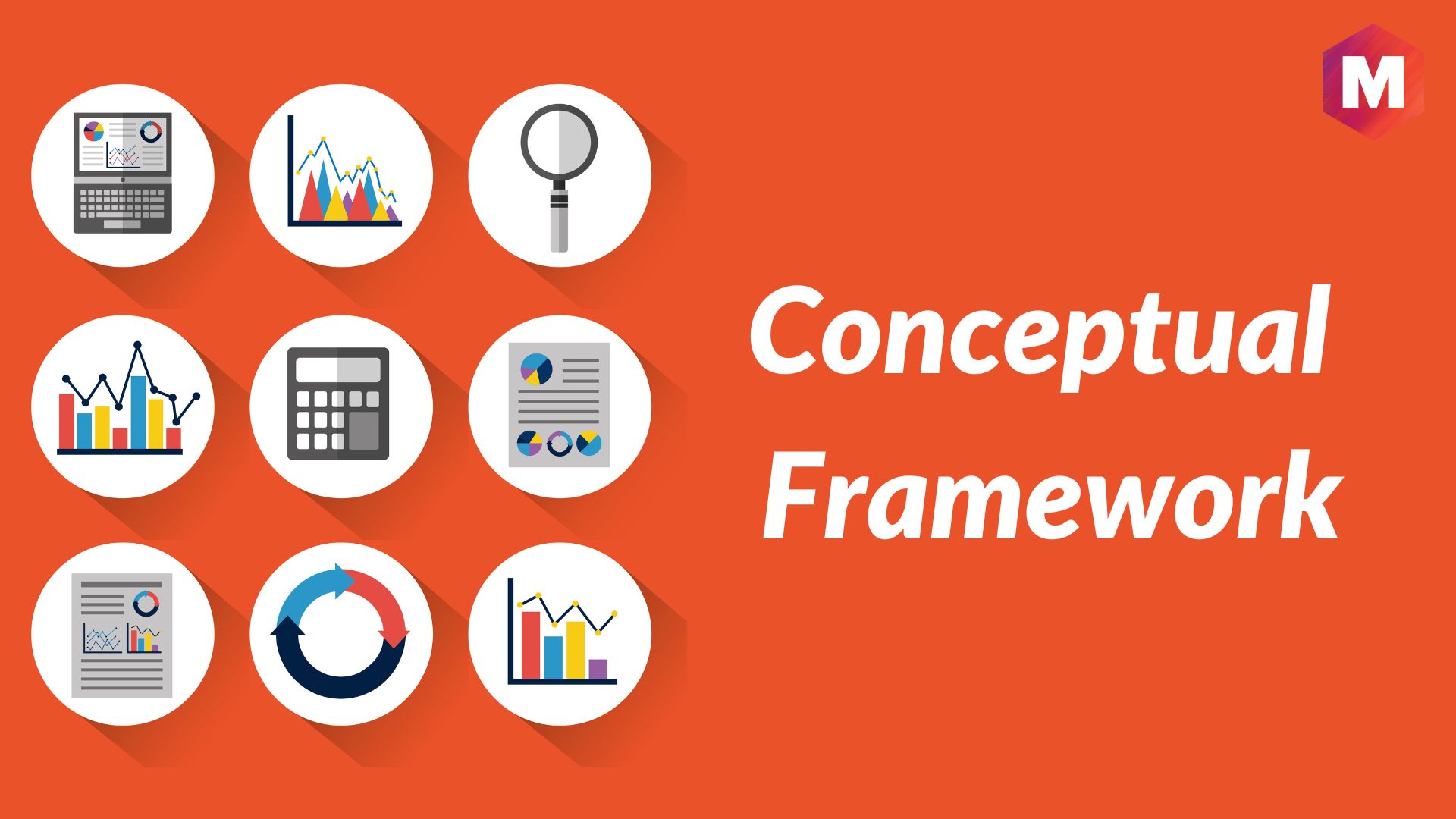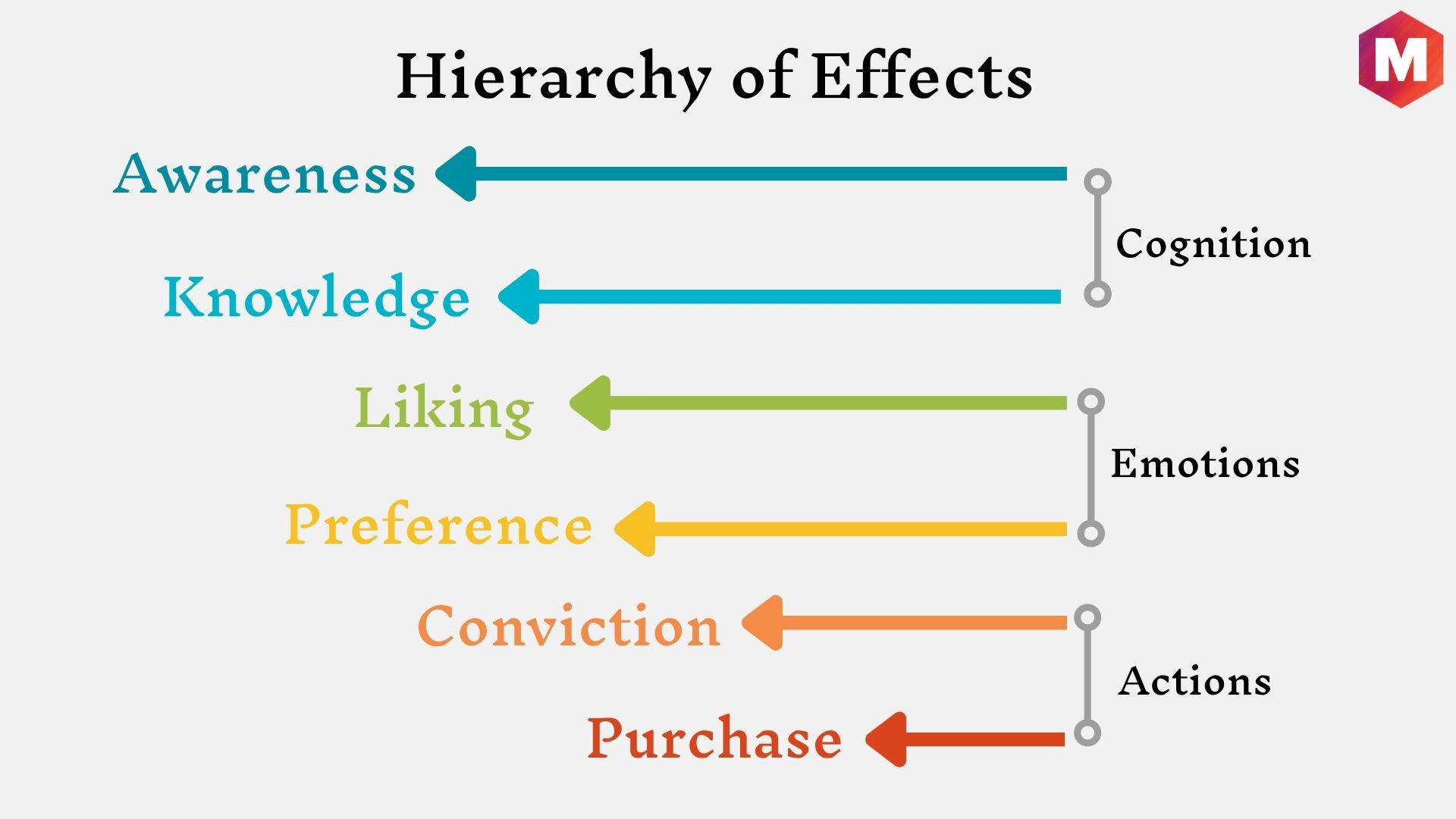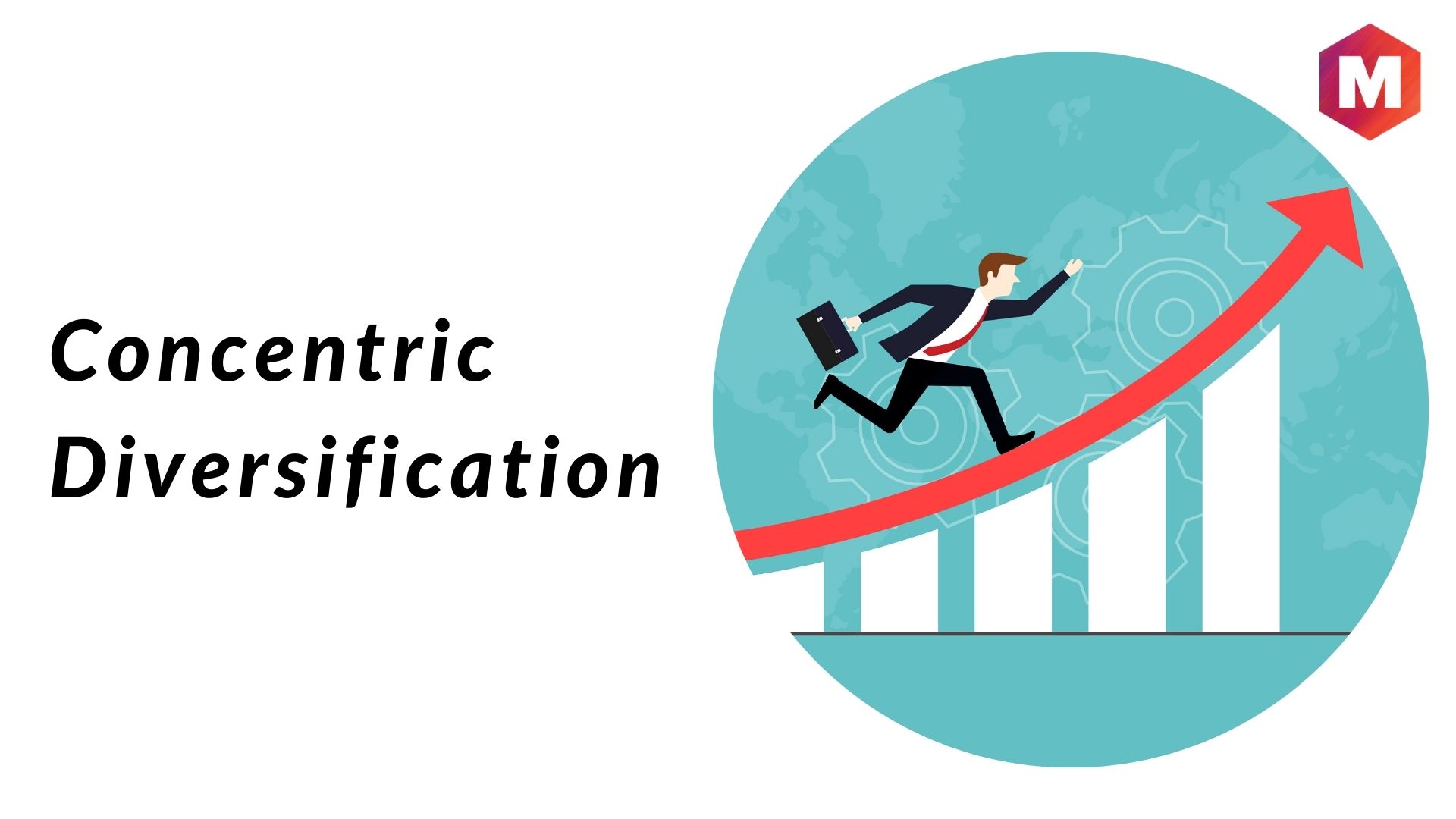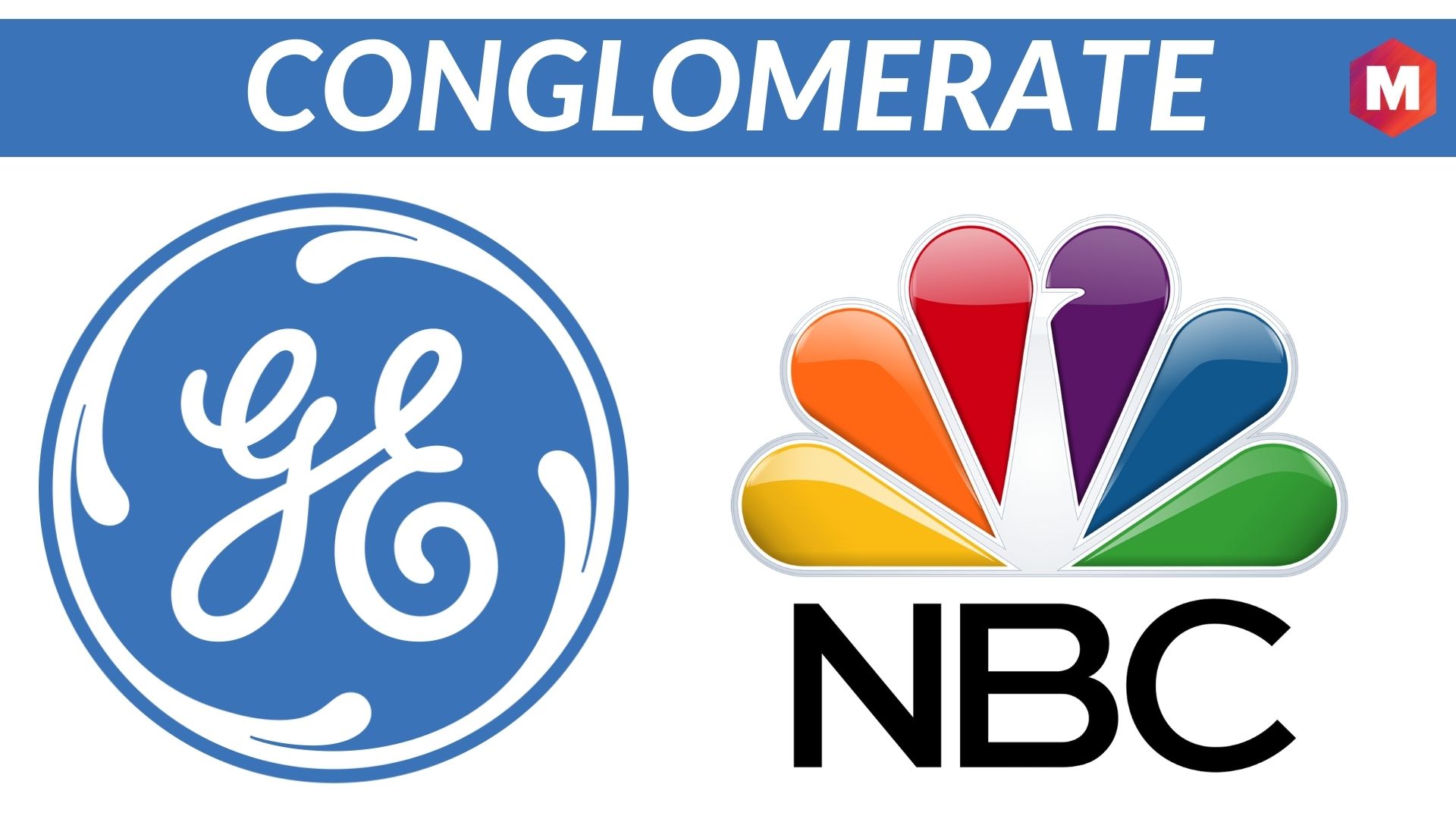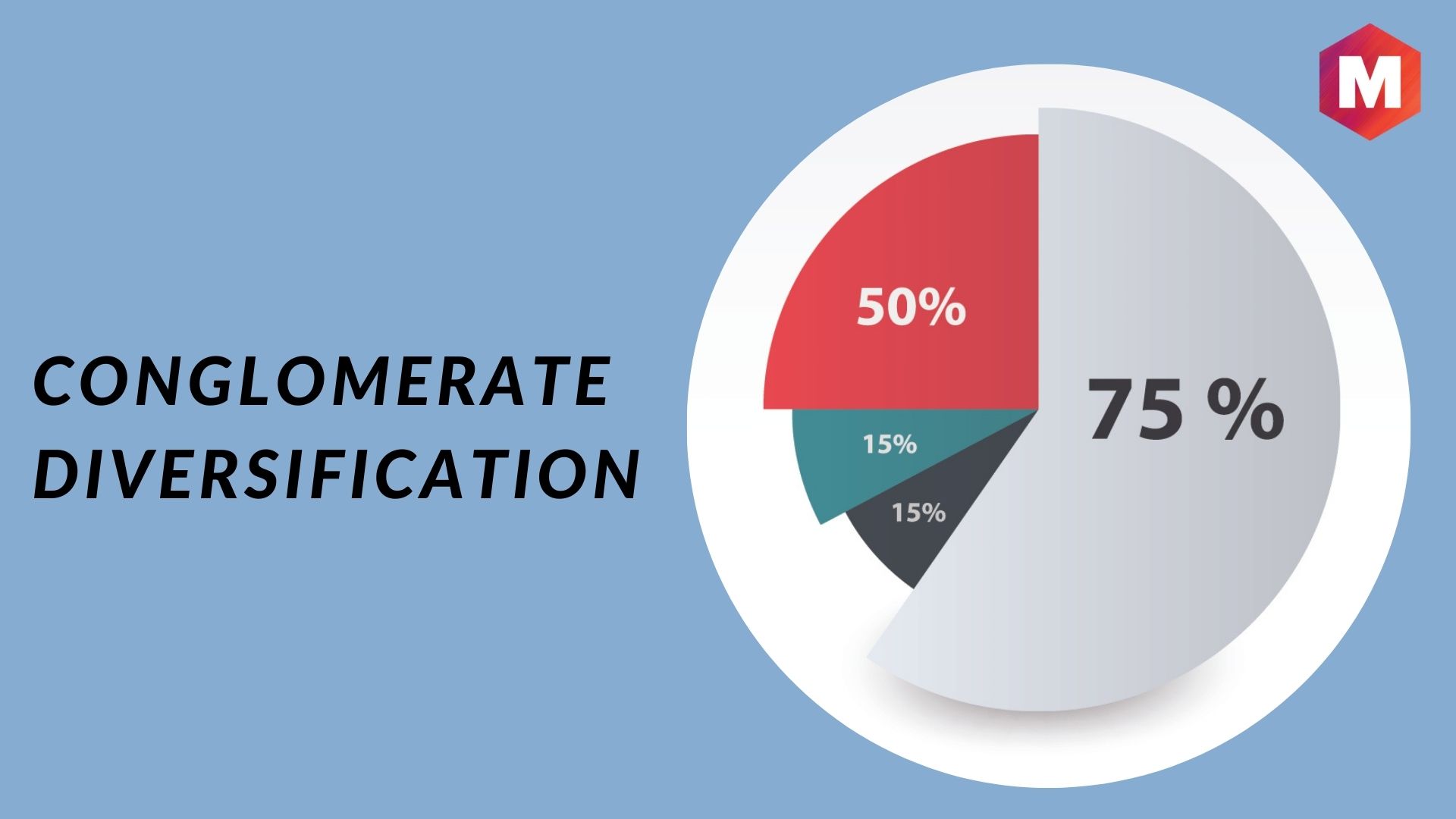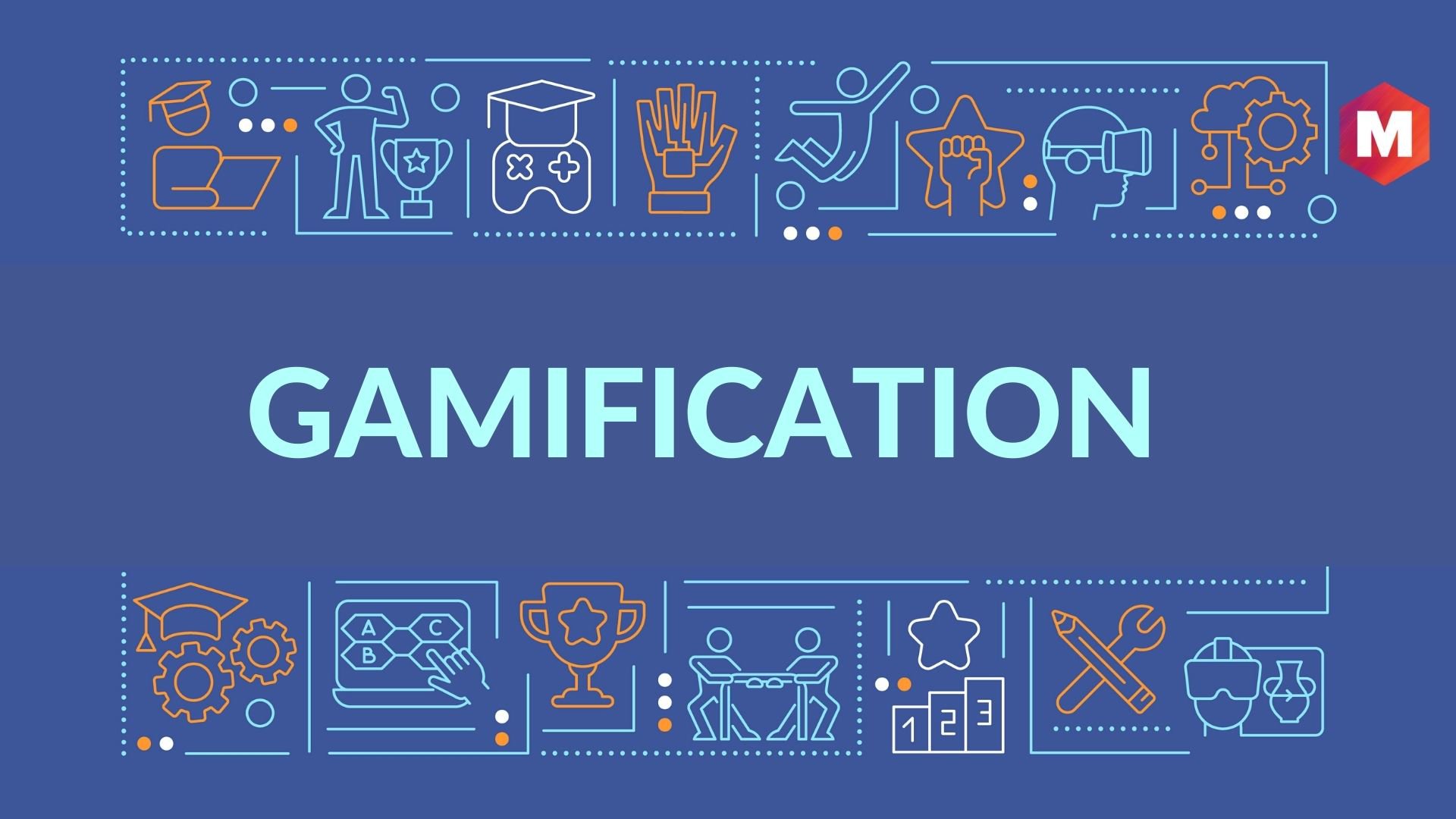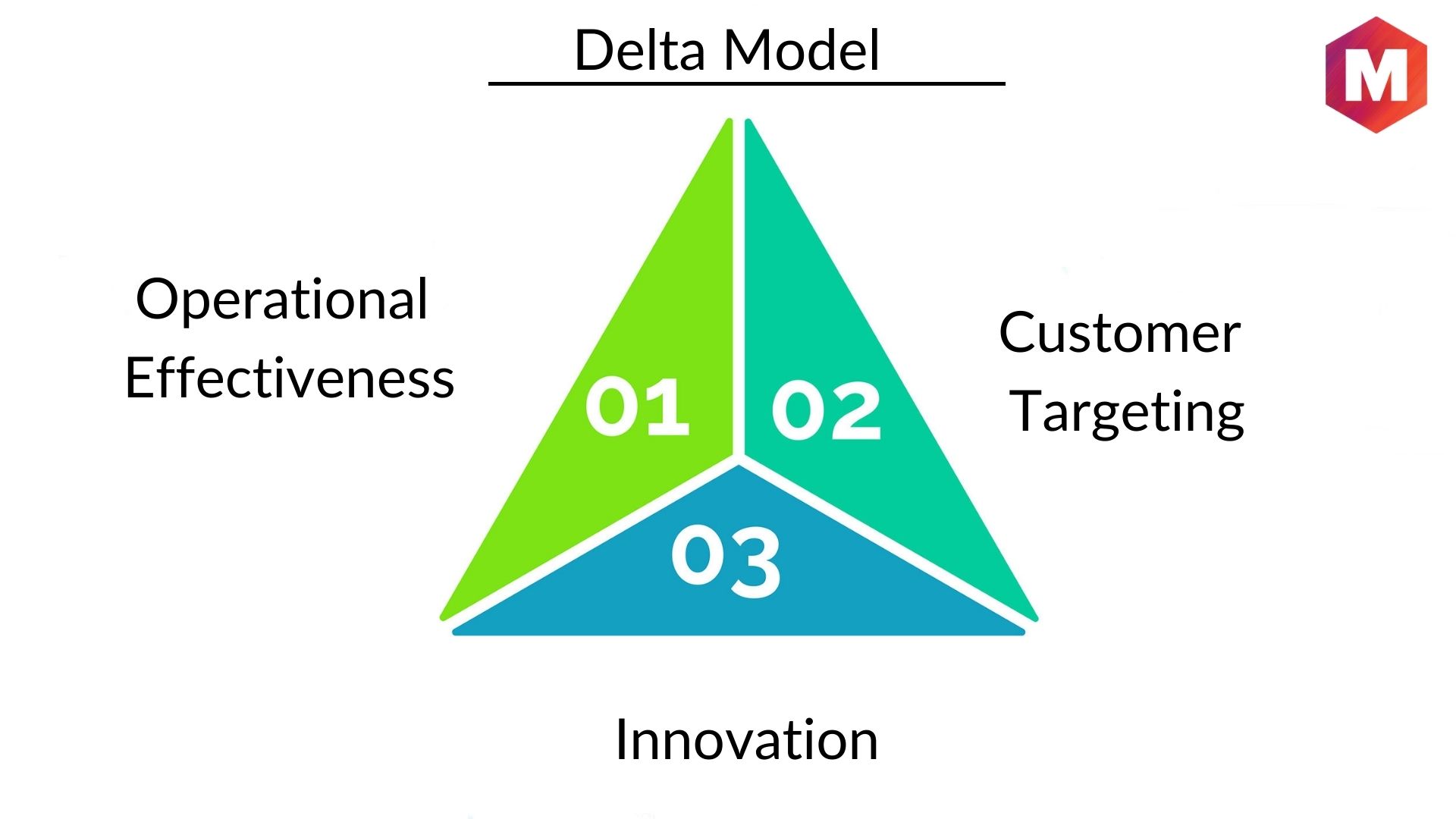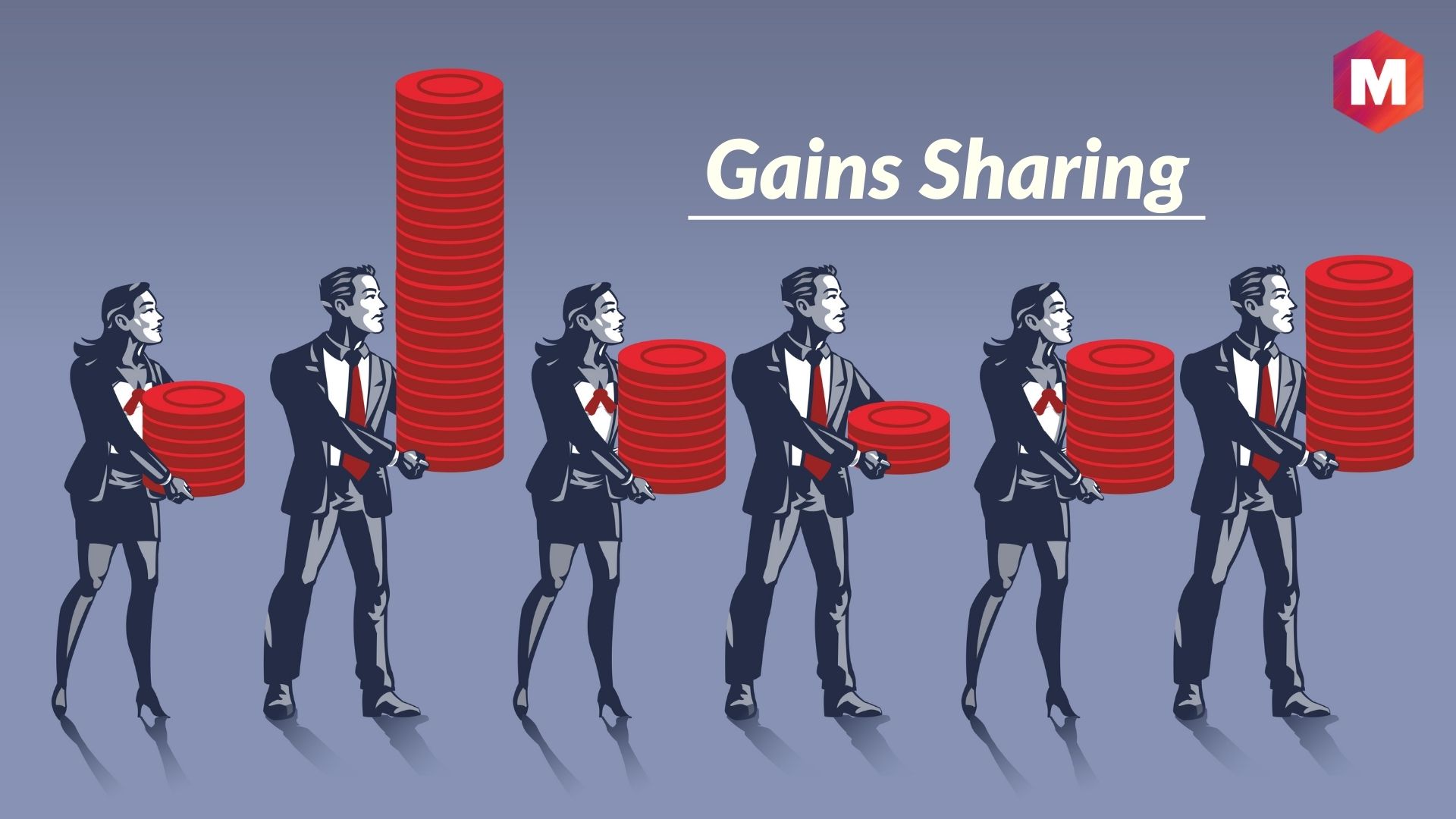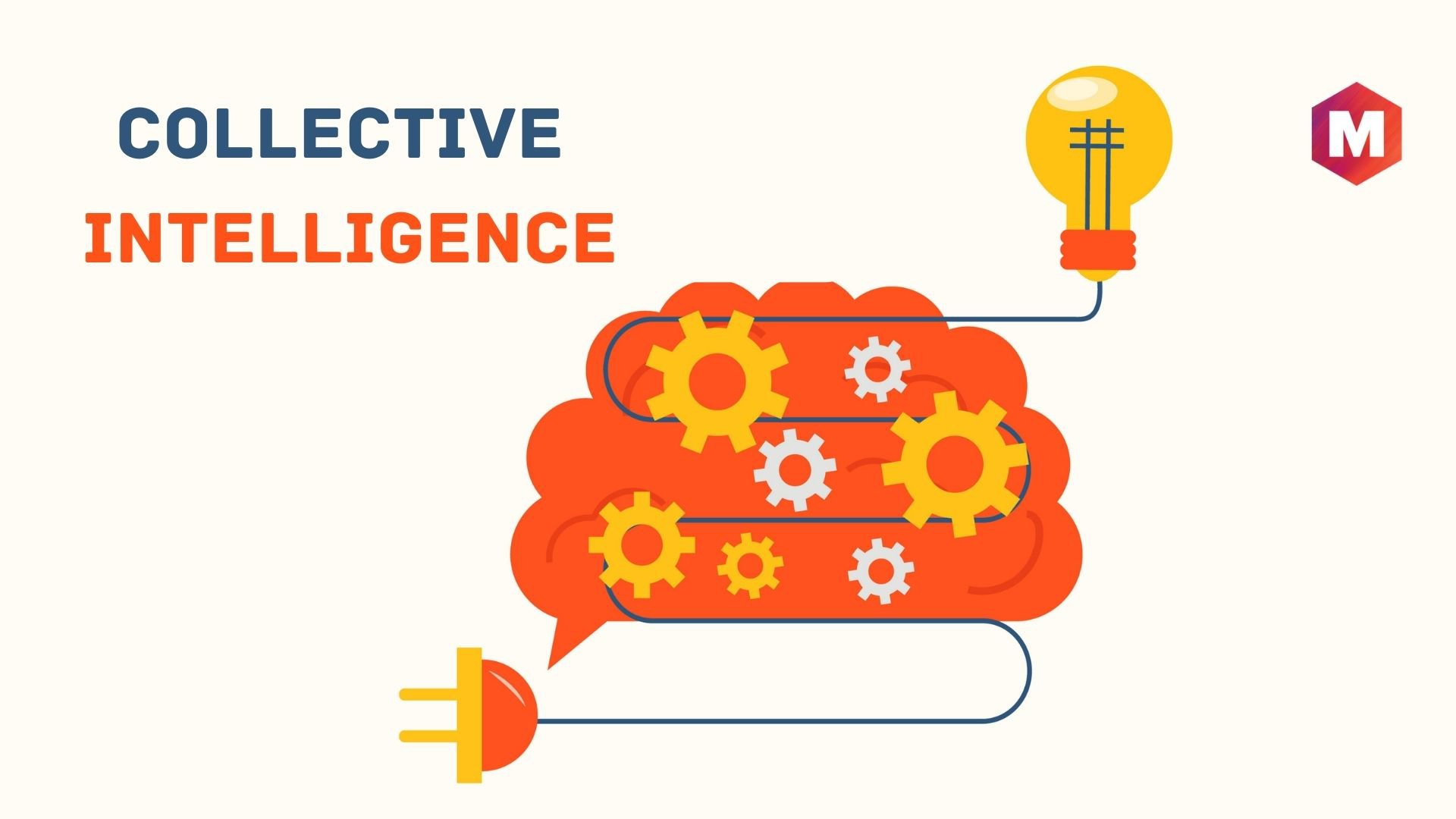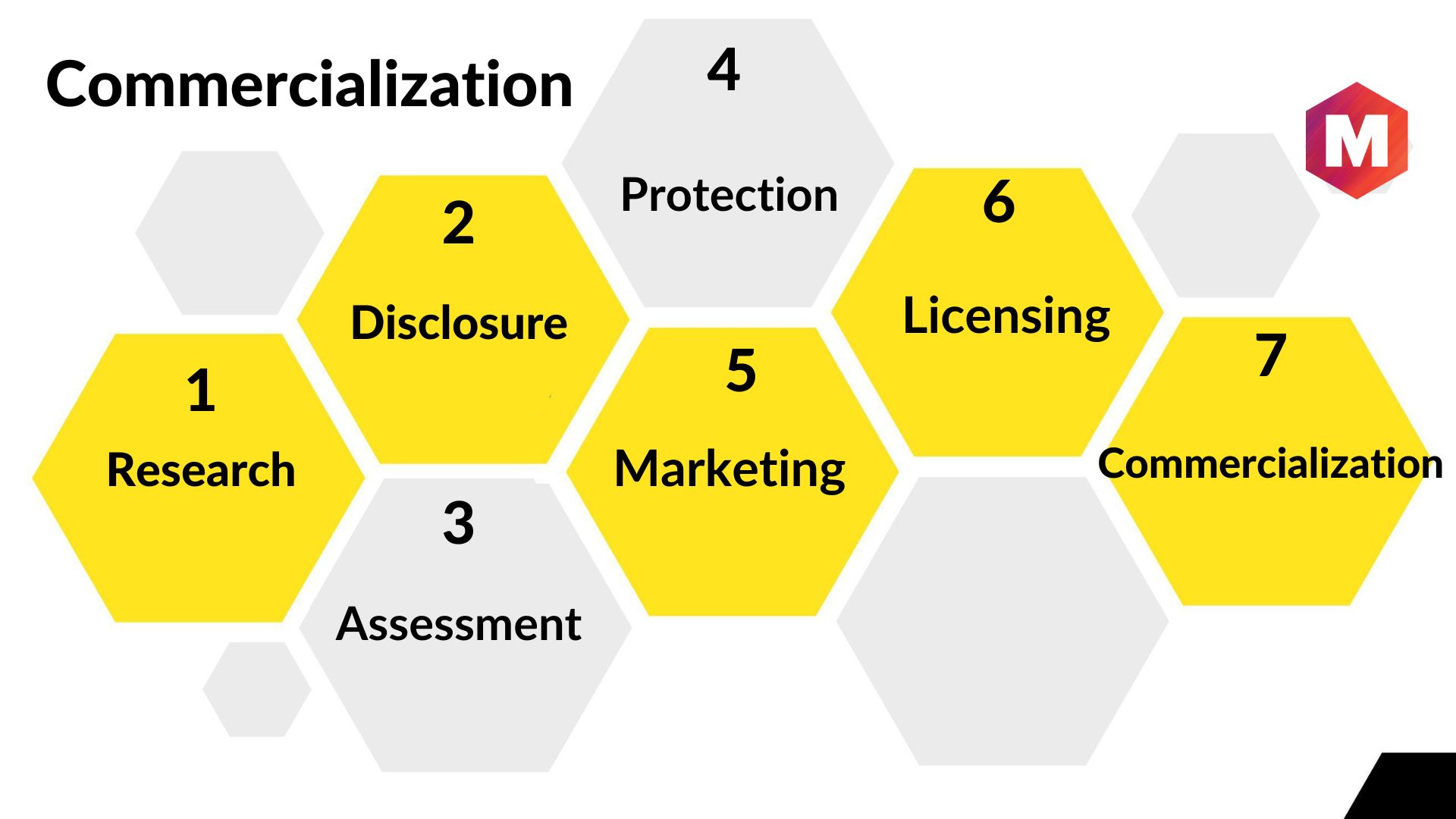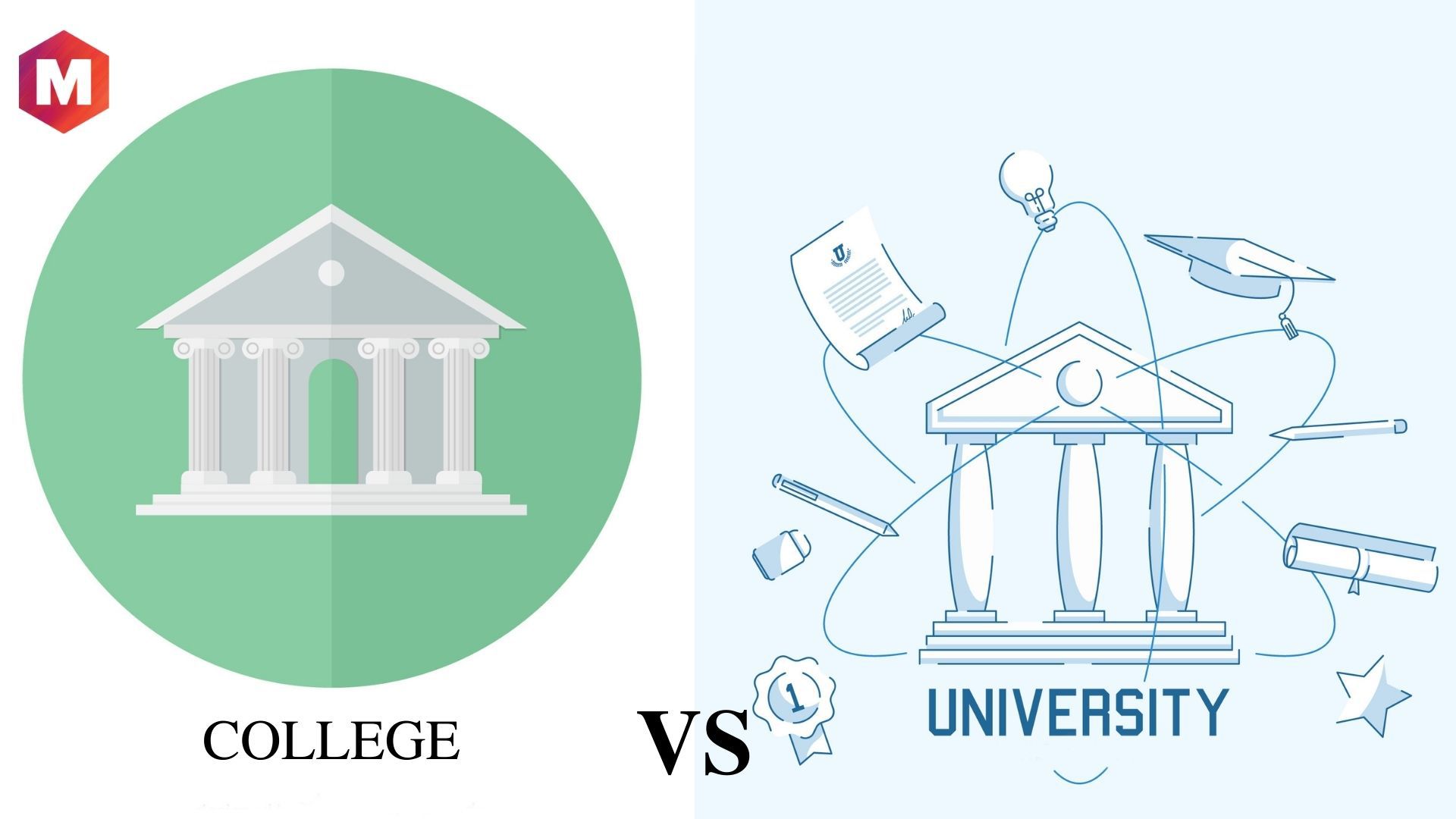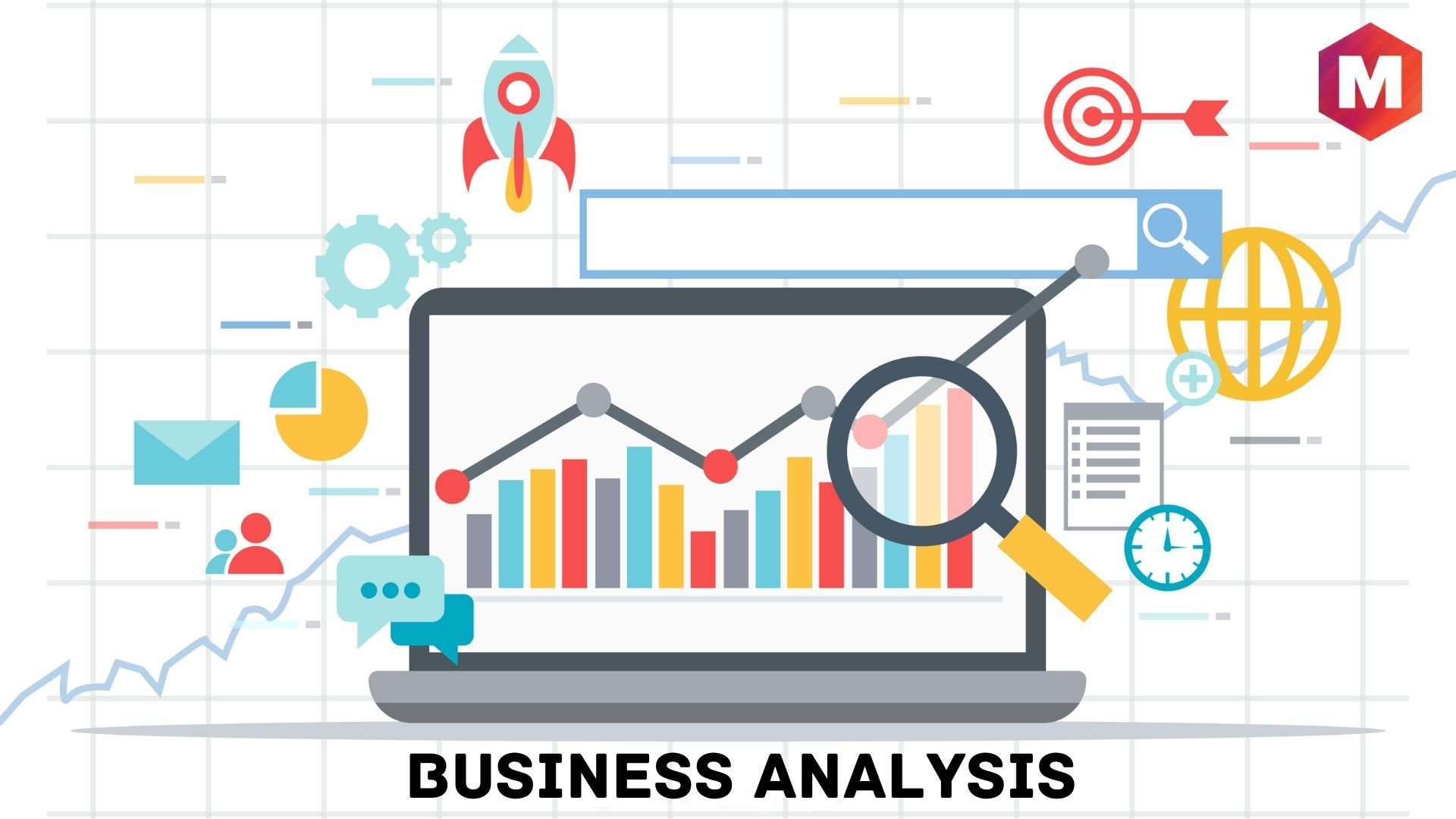What is Conceptual Framework? A conceptual framework is a description of an expected relationship between variables that are either written or visual in nature. It…
Hierarchy of Effects – Overview, How It Works and Stages
What is the Hierarchy of effects? The hierarchy of effects is a theory that explains how advertising affects the decision-making of target audiences when it…
Concentric Diversification – Meaning, Strategy and Examples
Concentric diversification is a strategy employed by companies to expand their businesses by adding new products or services that are related to their existing ones….
Conglomerate – Definition, Benefits and Examples
A conglomerate is a large, diverse company made up of many smaller businesses. Conglomerates are often composed of companies in different industries that operate in…
Conglomerate Diversification – Definition, Steps and Advantages
Conglomerate diversification is a diversification strategy that can take many forms, but all involve the acquisition or launch of new businesses that are not related…
What is a Consent Letter? Types and Format
A consent letter is a document that provides evidence that you have given someone permission to do something on your behalf. This could be something…
Consignee – Definition, Example and Types
A consignee is an individual or organization to whom consigned goods are delivered. The consignee is responsible for receiving the consigned goods and making sure…
Earned Media – Definition, Examples and Tips
Earned media is news about you, your company, or your business that you did not pay for or make yourself. This kind of media usually…
Consignment – Definition, Advantages and Disadvantages
A consignment is a shipment of goods that are consigned, or entrusted, to a carrier. The consignor (the owner of the goods) entrusts the consignment…
Healthcare Marketing – Definition, Strategies and Challenges
Healthcare marketing is the process of creating and implementing marketing strategies and plans to promote products or services in the healthcare industry. Healthcare marketers use…
What is Gamification? Marketing, Education and Healthcare
Gamification is the use of game design concepts and principles in non-game situations. Gamification has been studied and implemented in a variety of domains, including…
Hard Goods vs Soft Goods
Hard goods are physical products that can be touched and felt. They are typically made from durable materials such as metal, glass, or plastic. Hard…
Headhunter – Definition, Types and Pros & Cons
A headhunter is a person who finds job candidates on behalf of employers. Headhunters work with businesses to identify and recruit employees for specific positions….
Churn Rate – Definition, Advantages and Examples
Churn rate is the number of people or the rate at which people or customers stop buying products from a particular brand, business organization, or…
Delta Model – Definition, Importance and Case Study
The Delta Model is a mathematical model that is used to predict the changes in various quantities over time. This approach can be useful for…
Channel Strategy – Definition, Creation and Types
Channel strategy is a strategy used by a vendor to move its product or services by using the chain of commerce to the end buyer….
Facility Management – Definition, Importance and Future
Facility management is the coordination of building operations and systems. This can include tasks such as maintenance, security, utilities, and more. Facility managers work to…
Channel Partner – Definition, Benefits and Types
Channel Partners are third-party organizations that resell or distribute a company’s products or services. Channel partners can be valuable allies in extending a company’s reach…
Common Carrier – Definition, Importance and Types
A Common Carrier is a person or company who transports goods or people for a company or individual. Common carriers are usually regulated by governments…
Channel Design – Definition, Importance, Elements and Types
Channel design is the process of identifying and selecting the most effective marketing channels to reach target customers and achieve company objectives. The goal of…
Gains Sharing – Types, Advantages and Disadvantages
Gains sharing is a type of employee incentive plan in which employees are rewarded for increasing productivity or decreasing costs. The intent of gainsharing is…
Company Culture – Types, Examples and Benefits
Company culture is the organization’s shared ideals, qualities, and characteristics. It includes the customs and traditions of the company, as well as the behavior of…
Business Markets – Definition, Characteristics and Types
The business markets are the platforms and processes of offering your goods and services to other businesses in order for them to be used as…
Bulk Buying – Definition, Tips, Sites and Disadvantages
Bulk buying is the purchase of large quantities of goods or services at a discounted price. It is usually done by businesses or organizations, in…
Chief Executive Officer (CEO) – Roles, Responsibilities and FAQs
Chief Executive Officer (CEO) is the title of the highest-ranking corporate officer or administrator in charge of the total management of an organization. The CEO…
Chain Store: Definition, Types, Advantages and Disadvantages
A chain store is a retail outlet that is part of a larger company and sells the same or similar products as other outlets in…
Communication Channels: Definition, Types and Role
Communication channels are the methods that are used to communicate, such as phone calls, text messages, emails, and face-to-face conversations. Communication channels can be categorized…
What are business metrics? 6 Important Metrics To Track
Business metrics are quantitative measurements of a company’s performance in specific areas of its business operations. Business metrics can be financial or non-financial in nature,…
What is Collective Intelligence? Benefits and Limitations
Collective intelligence is a concept that describes the ability of a large group of individuals to pool their knowledge, data, and skills in order to…
Data Warehousing – Definition, Types, Advantages and Disadvantages
Data warehousing is a process of collecting and managing data from various sources to enable more effective decision-making. Data warehouses provide a central location for…
Commercialization – Definition, Process and Strategies
What Is Commercialization? Commercialization is the process or activity through which a good or service is introduced into the market. It is also the stage…
Brinkmanship – Definition, Examples and Tips
Brinkmanship is a negotiation style in which one party tries to achieve favorable outcomes by letting a situation reach the brink of disaster before finding…
Community of Practice – Definition, History and Types
A community of practice is a group of people involved in sharing similar concerns, interests, passions, or problems in a way to create and optimize…
Collaboration – Definition, Importance, Types and skills
Collaboration is the process of two or more people, entities, or organizations working together to complete a task or achieve a goal. Collaboration can be…
College vs University – Differences, Types, Pros and Cons
College vs university analysis is pivotal in understanding how these educational institutions are different and how they have greatly impacted the lives of countless individuals….
Board of Trustees Vs. Board of Directors
The board of trustees is a group of officially designated individuals for overseeing and managing operations of an organization to ensure the best interest of…
Cash-and-Carry Wholesaler – Definition and Features
A cash-and-carry wholesaler is a type of wholesaler that carries a limited line of fast-moving goods and sells that to small retailers on a cash-only…
Business Analysis – Definition, Techniques and Role of Analyst
Business analysis can be understood as a research discipline that helps you in finding the business needs and identifying solutions to a variety of business…
Business Design – Definition, Importance and Features
Business design is a process of designing a profitable business model by incorporating design thinking to put customers at the center of the design. Business…
Business Management – Definition,Tactics and Styles
Business management is the process of coordinating and organizing business operations and activities. A business management professional is responsible for helping the organization to thrive…
